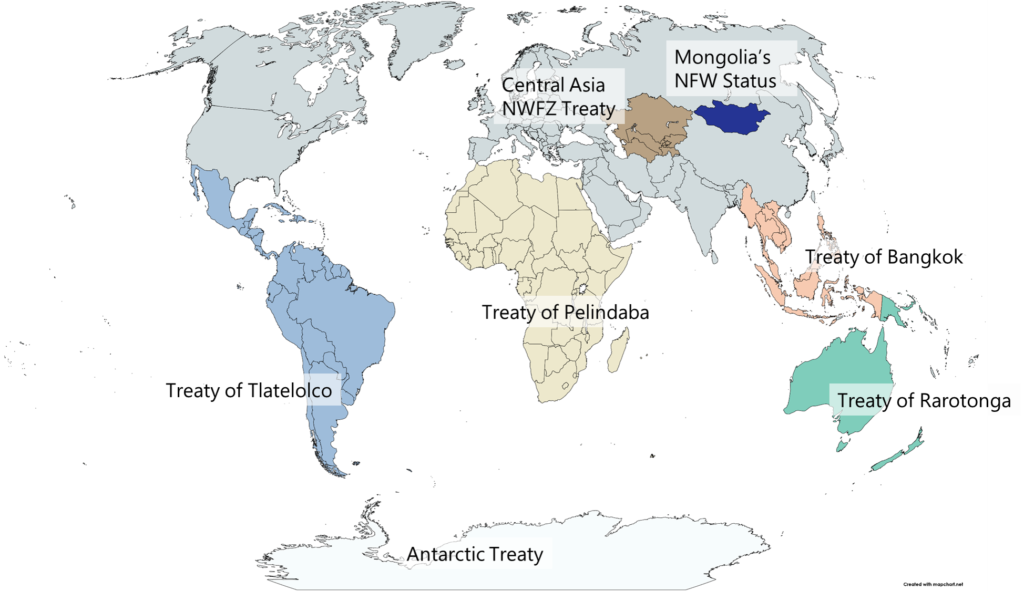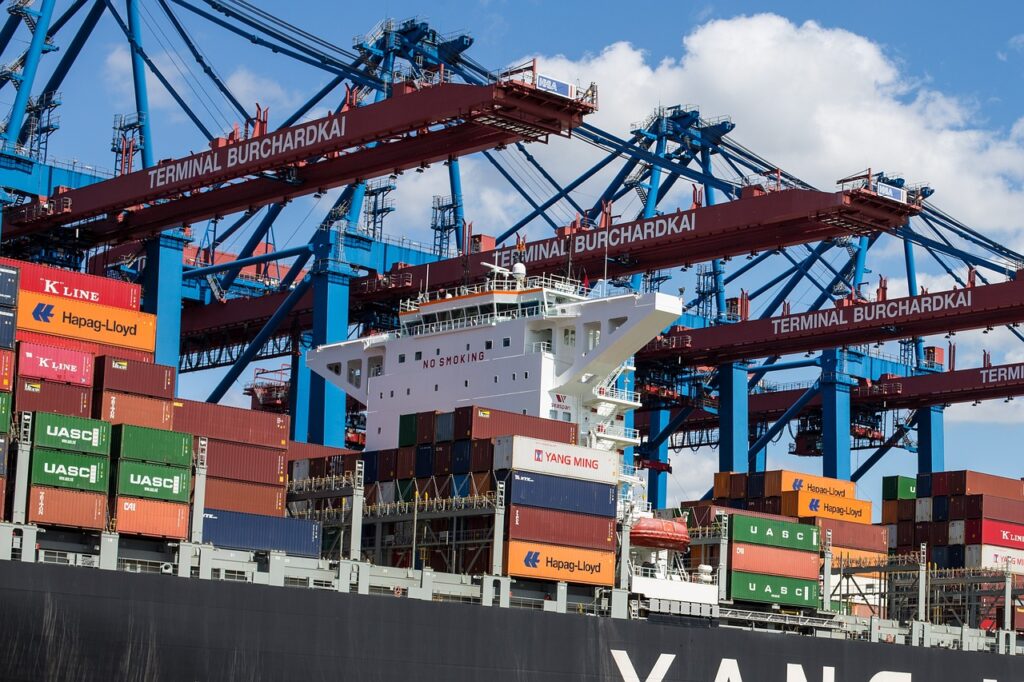The role of intangible transfer of technology in the area of ballistic missiles – reinforcing the Hague Code of Conduct and the MTCR

This contribution written within the specific framework of improving the fight against the proliferation of weapons of mass destruction, recalls the respective roles of governments and private players as well as the universal general principles of export control.
The use of the existing WMD free zones as an exemple and a potential Framework for further initiatives banning ballistic missiles

Taken as a wide-ranging notion, weapons of mass destruction (WMD) have not produced significant instruments in international security over time, UNSCR1540 being an exception. As such, there are no existing WMD free zones (WMDFZ) which can be used as examples and as potential frameworks for further initiatives banning ballistic missiles.
Limiting the proliferation of WMD means of delivery: a low-profile approach to bypass diplomatic deadlocks

Since the creation of the HCoC in 2002, the need for more collective commitment and action to fight the proliferation of ballistic missiles has certainly not decreased. The destabilizing nature of these weapons has not changed. Non-proliferation is just less about keeping the world stable and more about not adding a risk factor to an uncertain future. The HCoC was and remains a response to that need, but certainly not the end of the quest for improvement.

